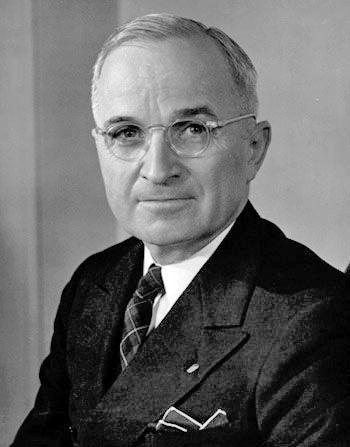On 4 October 1946, on the eve of the Jewish holiday of Yom Kippur and one month before the American midterm elections, United States President Harry Truman telegraphed British Prime Minister Clement Attlee, informing him about his intent to support the immigration of more than 100,000 Jewish refugees to Palestine. Truman explained that the British-brokered Arab-Jewish conference had been postponed until December, while winter would come before the resumption of work at the conference, and the refugees couldn't wait several months.
Truman's sudden public announcement made Attlee furious. He predicted the rise of violence in the region and that Arab leaders would be insulted by ignoring their interests. Truman's opponents characterised the statement as a clumsy attempt to flirt with Jewish voters in the US.
However, in Europe, many Jews who had lost their homes and property really could not wait. In Romania and Poland, local anti-Semites had created a completely uninhabitable environment for the Jewish population: anti-Semitic persecution and pogroms became common in those countries. Truman's statement was life-saving for many Jews.
The statement significantly influenced the situation in the Middle East and ultimately accelerated the establishment of the State of Israel.
Source: Best, Anthony. International History of the Twentieth Century, Routledge, 2003.
























